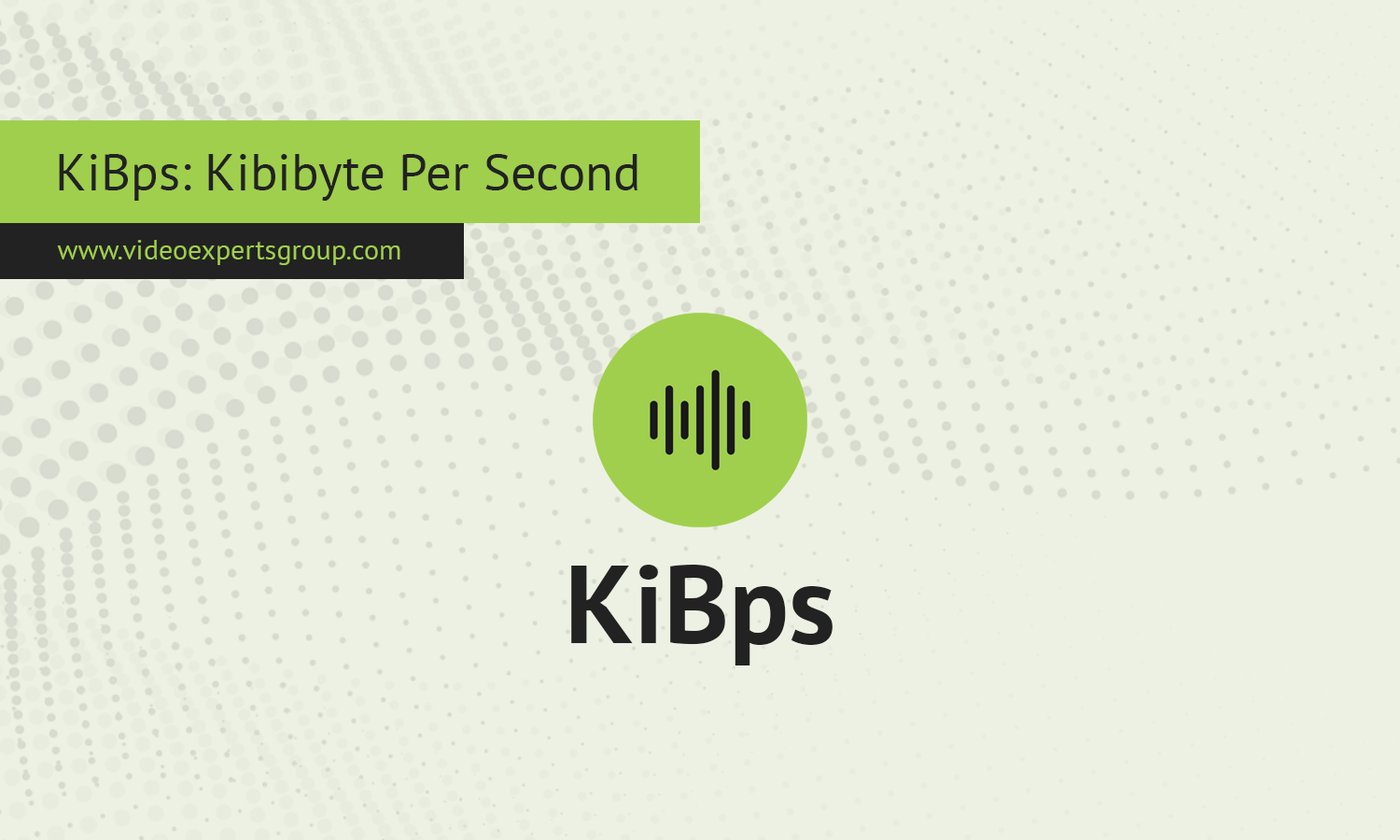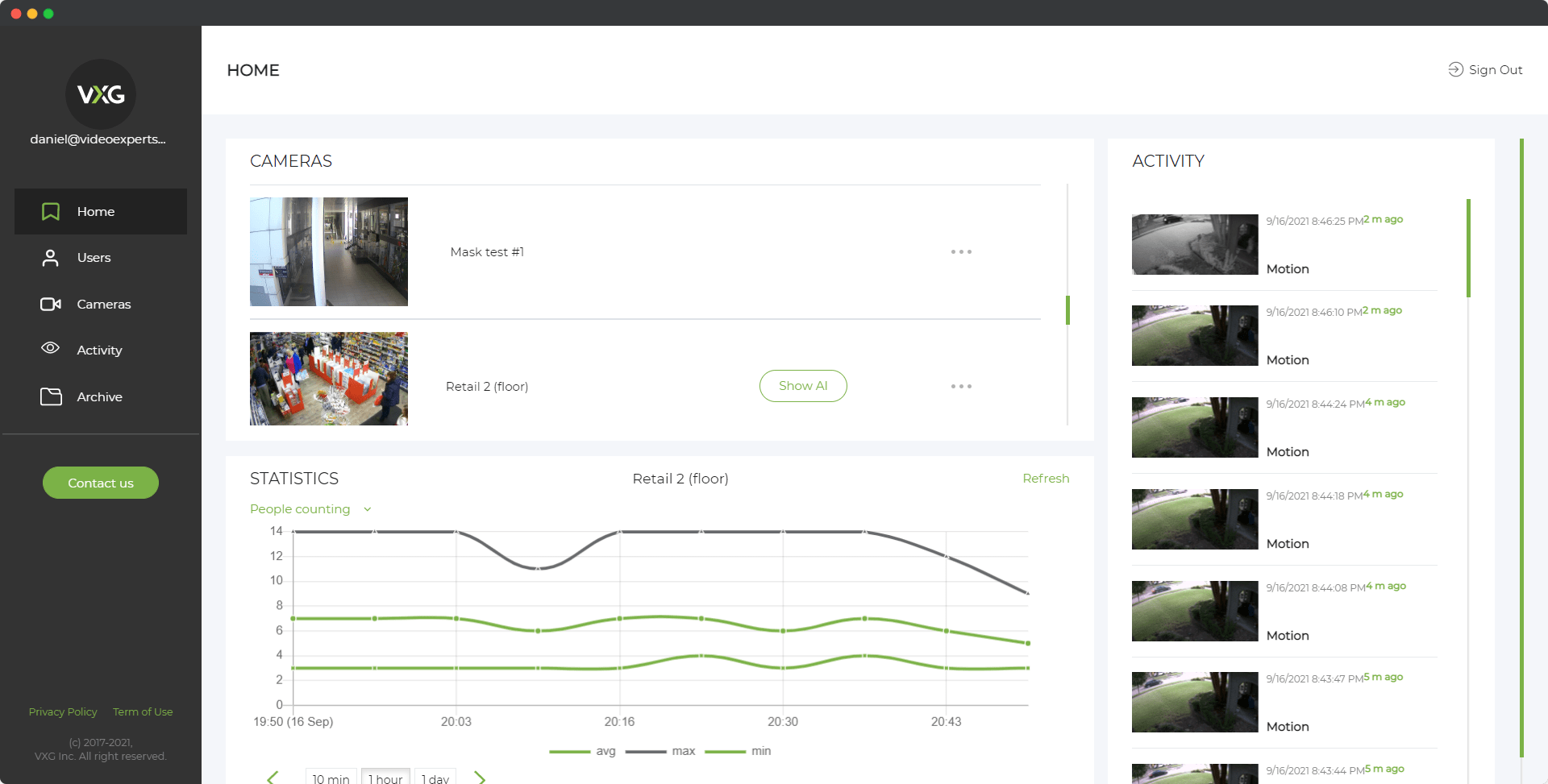With various units like kilobytes, megabytes, and gigabytes in common use, it can be easy to overlook lesser-known but precise units such as KiBps. KiBps, or Kibibyte per second, is a standardized unit of data transfer that offers greater precision than its commonly confused counterpart, KBps (Kilobyte per second). Understanding this distinction is essential, especially in technical environments where even slight differences can impact calculations, network performance, and system efficiency.
Meaning
KiBps (Kibibyte per second) refers to the rate at which data is transferred, measured in Kibibytes per second. A Kibibyte (KiB) is a unit of data storage equivalent to 1,024 bytes. This is different from a Kilobyte (KB), which is typically defined as 1,000 bytes in common usage.
The distinction arises from the binary system (base-2), used by computers, versus the decimal system (base-10) used in general measurement. KiBps aligns with the binary system, making it a more precise unit for technical measurements, particularly in fields like computing, programming, and data analysis, where precision is critical.
For instance, when a data transfer rate is listed as 100 KiBps, it means that 100 Kibibytes, or 102,400 bytes, of data are being transmitted per second. This difference may seem small, but in high-data environments, it becomes significant when calculating overall throughput or storage requirements.
Conversion Table
This table includes conversions from bits per second (bps) to tebibytes per second (TiBps), along with an additional column for bytes per second (Bps), making it easier to understand how these units relate to each other.
| Unit | Bit per second | Byte per second |
|---|---|---|
| 1 bit per second (bps) | 1 bps | 0.125 Bps |
| 1 kilobit per second (Kbps) | 1,000 bps | 125 Bps |
| 1 megabit per second (Mbps) | 1,000,000 bps | 125,000 Bps |
| 1 gigabit per second (Gbps) | 1,000,000,000 bps | 125,000,000 Bps |
| 1 terabit per second (Tbps) | 1,000,000,000,000 bps | 125,000,000,000 Bps |
| 1 petabit per second (Pbps) | 1,000,000,000,000,000 bps | 125,000,000,000,000 Bps |
| 1 exabit per second (Ebps) | 1,000,000,000,000,000,000 bps | 125,000,000,000,000,000 Bps |
| 1 byte per second (Bps) | 8 bps | 1 Bps |
| 1 kilobyte per second (KBps) | 8,000 bps | 1,000 Bps |
| 1 megabyte per second (MBps) | 8,000,000 bps | 1,000,000 Bps |
| 1 gigabyte per second (GBps) | 8,000,000,000 bps | 1,000,000,000 Bps |
| 1 terabyte per second (TBps) | 8,000,000,000,000 bps | 1,000,000,000,000 Bps |
| 1 kibibyte per second (KiBps) | 8,192 bps | 1,024 Bps |
| 1 mebibyte per second (MiBps) | 8,388,608 bps | 1,048,576 Bps |
| 1 gibibyte per second (GiBps) | 8,589,934,592 bps | 1,073,741,824 Bps |
| 1 tebibyte per second (TiBps) | 8,796,093,022,208 bps | 1,099,511,627,776 Bps |
Pros
-
Precision in Measurement: One of the primary advantages of using KiBps is its precision. It follows the binary system, which is the foundational architecture of computing. When measuring data transfer rates in KiBps, you get an exact number of bytes being transmitted, which is especially important in programming and hardware performance evaluation.
-
Standardized for Technical Use: KiBps is part of the International Electrotechnical Commission (IEC) standards for binary prefixes, which means it is widely recognized and standardized in the technical world. This allows for consistency across different systems and platforms, reducing confusion that might arise from using ambiguous terms like KBps, which can have multiple interpretations.
-
Better for Large-Scale Calculations: In large-scale data environments, small differences in units accumulate. Using KiBps ensures that calculations for data transmission, storage, and processing are precise, which can make a significant difference when dealing with gigabytes, terabytes, or petabytes of information. This precision helps avoid discrepancies in system performance and storage estimations.
-
Accurate Representation of Binary Data: Computers operate in binary, so using binary-based units like KiBps provides a more accurate reflection of how data is managed and transferred at a fundamental level. This is especially useful in tasks like memory allocation, where the smallest errors in data calculation could lead to performance issues or system instability.
Cons
-
Less Familiar to General Users: Although KiBps is more precise, it is less commonly used and understood by the general public compared to KBps. Most consumer-grade devices and internet service providers still use KBps (Kilobyte per second) to describe data rates, which can lead to confusion when trying to differentiate between the two.
-
Potential for Confusion: Since the difference between KiBps and KBps is subtle but important, there can be confusion when switching between these units. People unfamiliar with binary-based units may mistakenly assume they are the same, leading to errors in data measurement, particularly when dealing with large data sets or calculating transfer speeds.
-
Limited Use in Non-Technical Fields: Outside of technical environments, KiBps is rarely used. For everyday activities like browsing the web, downloading files, or streaming, KBps (based on the decimal system) is the more commonly adopted metric. This limits the practical applications of KiBps to more specialized fields such as computing, data analytics, and network engineering.
-
Complexity in Everyday Use: For average users, the binary system behind KiBps can seem overly complex compared to the simpler decimal system used with KBps. This complexity can make it harder to adopt or understand without a solid technical background, potentially making KiBps less accessible for non-expert users.
KiBps (Kibibyte per second) is a precise unit of data transfer used in technical environments where binary accuracy is important. Unlike KBps (Kilobyte per second), which uses the decimal system, KiBps adheres to the binary architecture of computing, offering more accurate measurements for data transfer and storage. While it provides clear advantages in precision and standardization, it is less familiar to the general public and is often confined to specialized technical uses. Understanding when and where to apply KiBps is critical for ensuring accurate data measurement in fields such as computing, data storage, and network engineering.
















